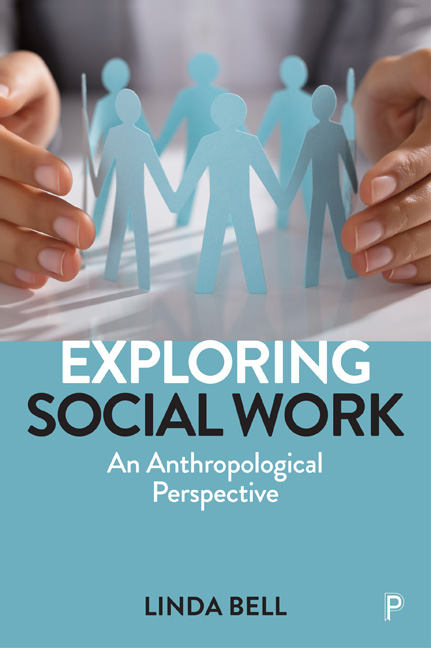Book contents
- Frontmatter
- Dedication
- Contents
- Acknowledgements
- Preface
- 1 Introducing Social Work: Who are Social Workers? Why do we Need Them?
- 2 Getting Involved: An Anthropological and Auto-Ethnographic Journey
- 3 Time and Change: UK Social Work and Comparative European Welfare Policies Since 1990
- 4 Becoming: Being Admitted, Educated and Trained in Social Work
- 5 Growing: Experiencing Social Work Education and Socialisation
- 6 Identifying
- 7 Valuing and Transgressing
- 8 Relating and Partnering: Social Workers, Clients/Service users and other Professionals
- 9 Knowing and Evidencing: Building a Research Base, Mapping and Modelling
- 10 Organising: Influences of the state, Organisations and Wider Social Policies
- 11 Symbolising: Cultural Representations in Theory and in Practice
- 12 Changing: The Future – Social Work in Wider Society
- References
- Index
4 - Becoming: Being Admitted, Educated and Trained in Social Work
Published online by Cambridge University Press: 04 March 2021
- Frontmatter
- Dedication
- Contents
- Acknowledgements
- Preface
- 1 Introducing Social Work: Who are Social Workers? Why do we Need Them?
- 2 Getting Involved: An Anthropological and Auto-Ethnographic Journey
- 3 Time and Change: UK Social Work and Comparative European Welfare Policies Since 1990
- 4 Becoming: Being Admitted, Educated and Trained in Social Work
- 5 Growing: Experiencing Social Work Education and Socialisation
- 6 Identifying
- 7 Valuing and Transgressing
- 8 Relating and Partnering: Social Workers, Clients/Service users and other Professionals
- 9 Knowing and Evidencing: Building a Research Base, Mapping and Modelling
- 10 Organising: Influences of the state, Organisations and Wider Social Policies
- 11 Symbolising: Cultural Representations in Theory and in Practice
- 12 Changing: The Future – Social Work in Wider Society
- References
- Index
Summary
Introduction
Why do people become social workers? What motivates them to take up this occupation? Furthermore, who should be accepted by others as a social worker? As we have already seen in Chapter 3, the legislative and policy contexts that provide a background to social work in the UK (England, Wales, Scotland and Northern Ireland), as well as in a few selected European countries, are very complex. We have already seen that in Europe, other occupations such as social pedagogy are closely linked to social work; in some ways, as this book progresses, I feel that I am considering a complex set of welfare/caring occupations and not just one profession (see also Lyons, 20181; Pawlas-Czyz et al, 20172). These occupations all seem to be tied into the ethical and practical underpinnings related to compassion and social justice that we have already identified.
Chapter 3 also raised the whole issue of the interdependence of social work with the state and within changing policy contexts. The UK is relatively unusual in having a specific protected title of ‘social worker’, while those in similar occupations elsewhere, including social pedagogues, may carry out similar tasks. Furthermore, as we have already seen, social work tasks are extended in some parts of Europe, for example, to include responsibility for financial benefits. However, underpinning all of this variety is the need to somehow educate people into these welfare roles, and to allow them to (collaboratively) construct their professional identities (see Chapters 5 and 6; see also Bell et al, 2017).
Clark (2006: 87–8) is very clear that ‘It is right … to attend to the [moral] character, as well as the technical skill, of individuals who wish to work as professionals in the human services.’ This immediately raises issues of ethics and responsibility, which, as we noted in Chapter 1, means that for most social workers, social work cannot be just a job; it is likely to be something that underpins their sense of identity. Ethical underpinnings to social work education, involving reflection about personal motivation and positive use of life experiences (including ‘turning bad experiences into good’ [see Dillon, 2011]), have therefore been clearly identified as relevant by social workers themselves (see, for example, Hafford-Letchfield and Dillon, 2015).
- Type
- Chapter
- Information
- Exploring Social WorkAn Anthropological Perspective, pp. 43 - 60Publisher: Bristol University PressPrint publication year: 2020

